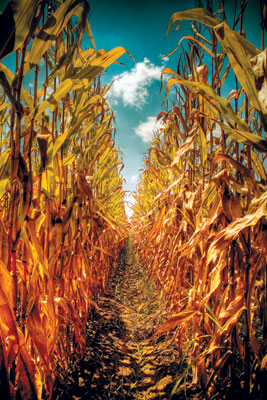All Nonfiction
- Bullying
- Books
- Academic
- Author Interviews
- Celebrity interviews
- College Articles
- College Essays
- Educator of the Year
- Heroes
- Interviews
- Memoir
- Personal Experience
- Sports
- Travel & Culture
All Opinions
- Bullying
- Current Events / Politics
- Discrimination
- Drugs / Alcohol / Smoking
- Entertainment / Celebrities
- Environment
- Love / Relationships
- Movies / Music / TV
- Pop Culture / Trends
- School / College
- Social Issues / Civics
- Spirituality / Religion
- Sports / Hobbies
All Hot Topics
- Bullying
- Community Service
- Environment
- Health
- Letters to the Editor
- Pride & Prejudice
- What Matters
- Back
Summer Guide
- Program Links
- Program Reviews
- Back
College Guide
- College Links
- College Reviews
- College Essays
- College Articles
- Back
Organic Food vs. Non-Organic Food
When you go to the supermarket, what type of foods do you buy? Do you buy conventionally grown food? Or, do you buy organically grown food? Maybe you buy some of both? Although, a conventionally grown apple may look and possibly even taste the same as an organic apple, it can sometimes be up to three times cheaper. Why the price difference? The main distinction between organically grown foods and conventionally grown foods is how they are grown. On an organic farm foods are grown using natural bi-products, like manure, and compost. They use spray pesticides from natural sources and traps and mating distractions to keep pests and diseases away. Animals are fed organic feed, and have access to go outdoors. To keep the animals from sickness, preventive measures are used. Meanwhile, on a non-organic farm, their agrochemicals are all synthetic, and the animals are grown with antibiotics, and growth hormones to produce rapid growth. Also, medications are used to prevent diseases in the animals. Because, non-organic foods use synthetic chemicals, it can be produced easier, and cheaper. However, does the use of synthetic chemicals make it a health hazard? If so, then does this make the more expensive organic apple better then the cheaper conventional apple? In order to make a fully informed decision on which type of food to buy, we must account for both sides.
Non-organic food buyers claim that, despite the are residual hormones found in non-organic beef, it is important to note that there have yet to be any major, conclusive studies to prove any harm that these hormones have on the body. Meanwhile, on the fruits and vegetable front, there are many fruits and vegetables that are known as "clean" foods, which are better to buy non-organic. Asparagus, eggplant, avocado, onion, sweet peas, mango, and cabbage, just to name a few. So, although there are synthetic chemicals in non-organic foods, it's correlation with causing any damage to the body has yet to be fully proven. In spite of the fact that organic food contains no added chemicals, non-organic consumers say it isn't worth the extra dollar.
On the contrary, organic buyers claim that they don't want to risk any uncertainty in their health by eating non-organic. There have been studies that have shown children to be most vulnerable to risks in non-organic foods. These days, no parent wants to put their child in danger, so just to make sure, they buy organic foods for their kids. Even for adults, the long-term affects remain questionable. Organic consumers believe that by buying organic they are provided with a sense of safety. Regardless of whether or not non-organic foods have a link to disease, you at least know that if you buy organic, it's safe for sure. Why risk it?
Both non-organic and organic food customers have many different points of views. All in all, non-organic food is cheaper, but leads to an uncertainty in health. Even though the relation is not quite proven, organic food would definitely be safer. Whether or not to buy organic or non-organic fully depends on your lifestyle and who you are.

Similar Articles
JOIN THE DISCUSSION
This article has 1 comment.
